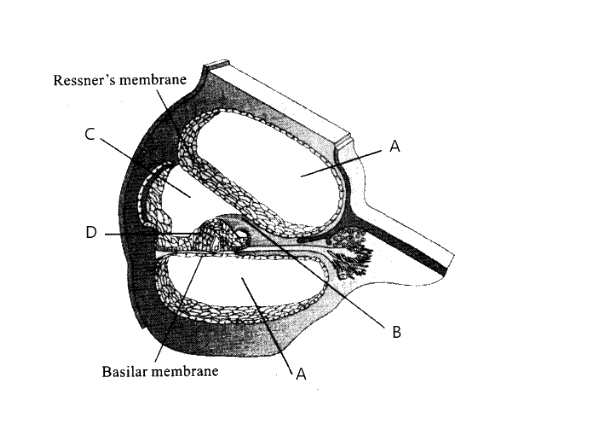Given below is a diagrammatic cross section of a single loop of human cochlea :
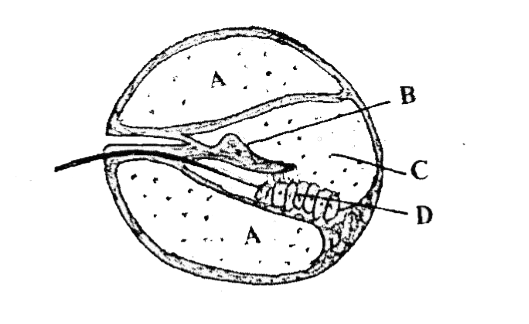
Which one of the following options correctly represents the names of three different parts?
D: Sensory hair cells, A : Endolymph B: Tectorial membrane
A: Perilymph, B : Tectorial membrane C : Endolymph
B :Tectorial membrane, C :Perilymph, D: Secretory cells
) C : Endolymph, D . Sensory hair cells, A . Serum
The correct Answer is:B
Step by step video & image solution for Given below is a diagrammatic cross section of a single loop of human cochlea : Which one of the following options correctly represents the names of three different parts? by Biology experts to help you in doubts & scoring excellent marks in Class 12 exams.
Updated on:21/07/2023Topper's Solved these Questions
- SENSORY ORGANSBOOK - MOTIONCHAPTER - SENSORY ORGANSEXERCISE - EXERCISE - 2
7 Videos
- SENSORY ORGANSBOOK - MOTIONCHAPTER - SENSORY ORGANSEXERCISE - EXERCISE - 3
21 Videos
- SENSORY ORGANSBOOK - MOTIONCHAPTER - SENSORY ORGANSEXERCISE - CHECK YOUR CONCEPTS-2
6 Videos
- RESPIRATION IN PLANTS BOOK - MOTIONCHAPTER - RESPIRATION IN PLANTS EXERCISE - EXERCISE - 4
19 Videos
- SEXUAL REPRODUCTION IN FLOWERING PLANTSBOOK - MOTIONCHAPTER - SEXUAL REPRODUCTION IN FLOWERING PLANTSEXERCISE - Exercise - 4(AIIMS-2018)
25 Videos
Similar Questions
Knowledge Check
A diagrammatic cross section of a single loop of human cochlea is shown in the given figure.
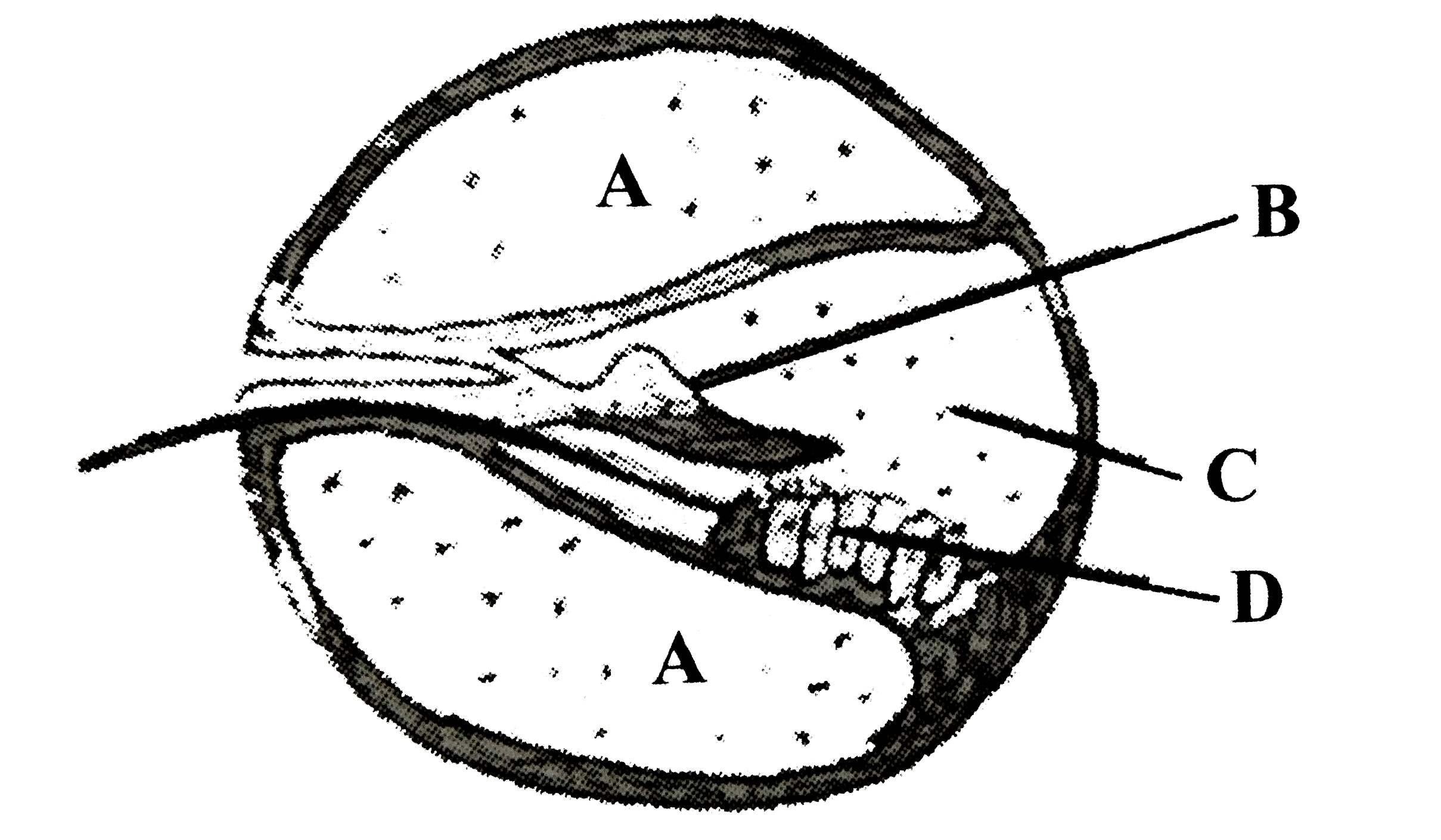
Which one of the following options correctly represents the names of any three of the labelled parts ?AA-endolymph, B-techorial membrane, D-sensory hair cellsBA-perilymph, B-techorial membrane, C-endolymphCB-tectorial membrane, C-perilymph, D-secretory cellsDA-serum, C-endolymph, D-sensory hari cellsWhich one of the following correctly represents the normal adult human formula:
A33,11,32,11B22,11,32,33C22,11,22,33D33,11,33,33Which of the following options are correctly represents the type of life cycle patterns given below.
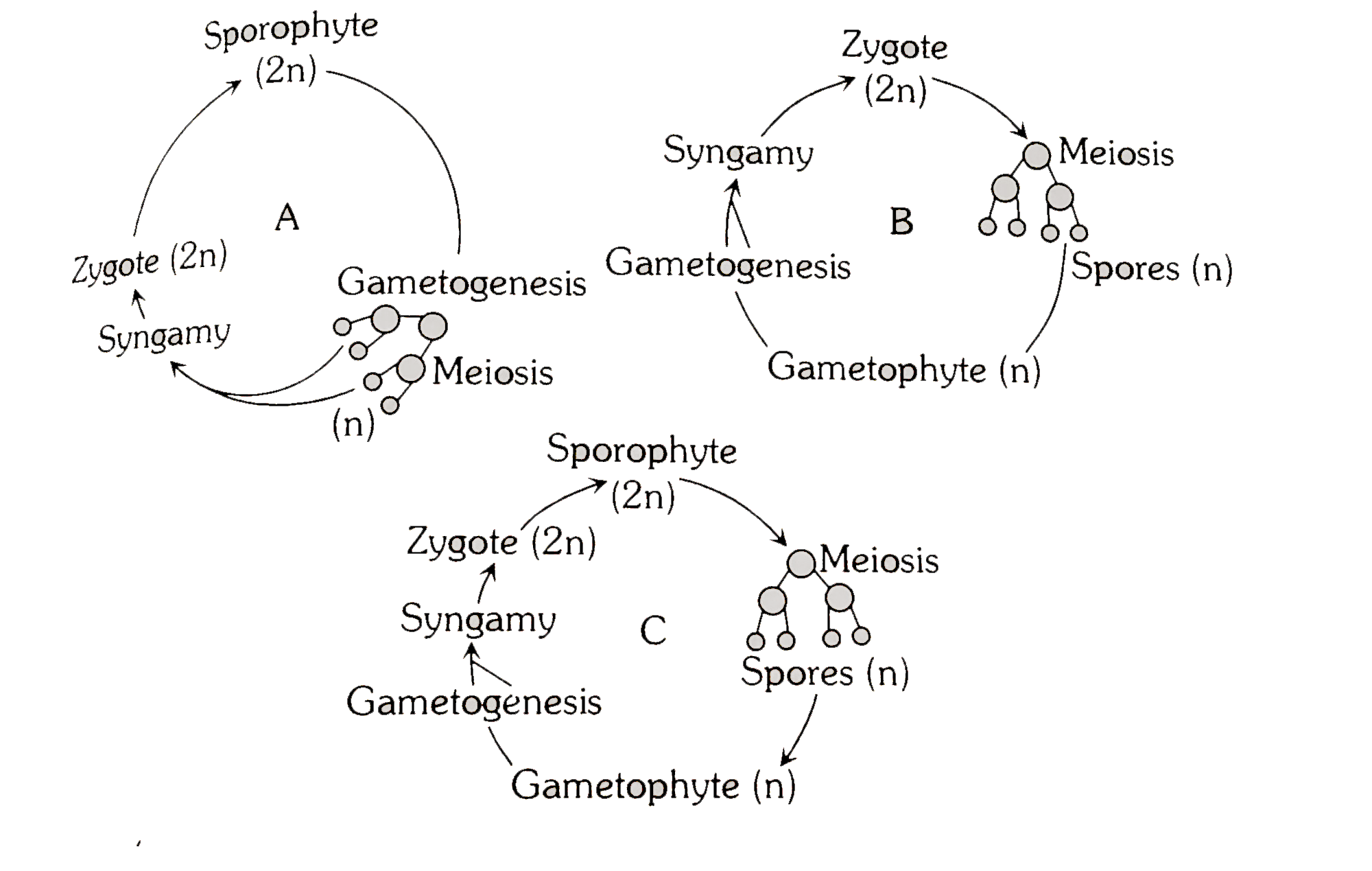 AA-Diplontic,B-Haplontic,C-HapoldiplonticBA-Haplontic,B-Diplontic,C-HaplodiplonticCA-Haplodiplontic,C-DipolnticDA-Diplontic,B-Haplodiplontic,C-Haplontic
AA-Diplontic,B-Haplontic,C-HapoldiplonticBA-Haplontic,B-Diplontic,C-HaplodiplonticCA-Haplodiplontic,C-DipolnticDA-Diplontic,B-Haplodiplontic,C-Haplontic
Which of the given options correctly represents the Parent acid and base of Calcium Carbonate?

View SolutionWhich of the given options correctly represents the Parent acid and base of Calcium carbonate ?
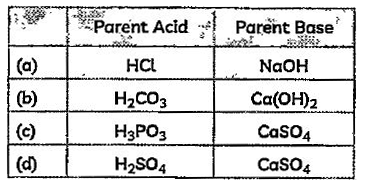
View SolutionGiven below is a diagrammatic sketch of a portion of human mate reproductive system. Which of the following part contributes to the maximum portion of semen?
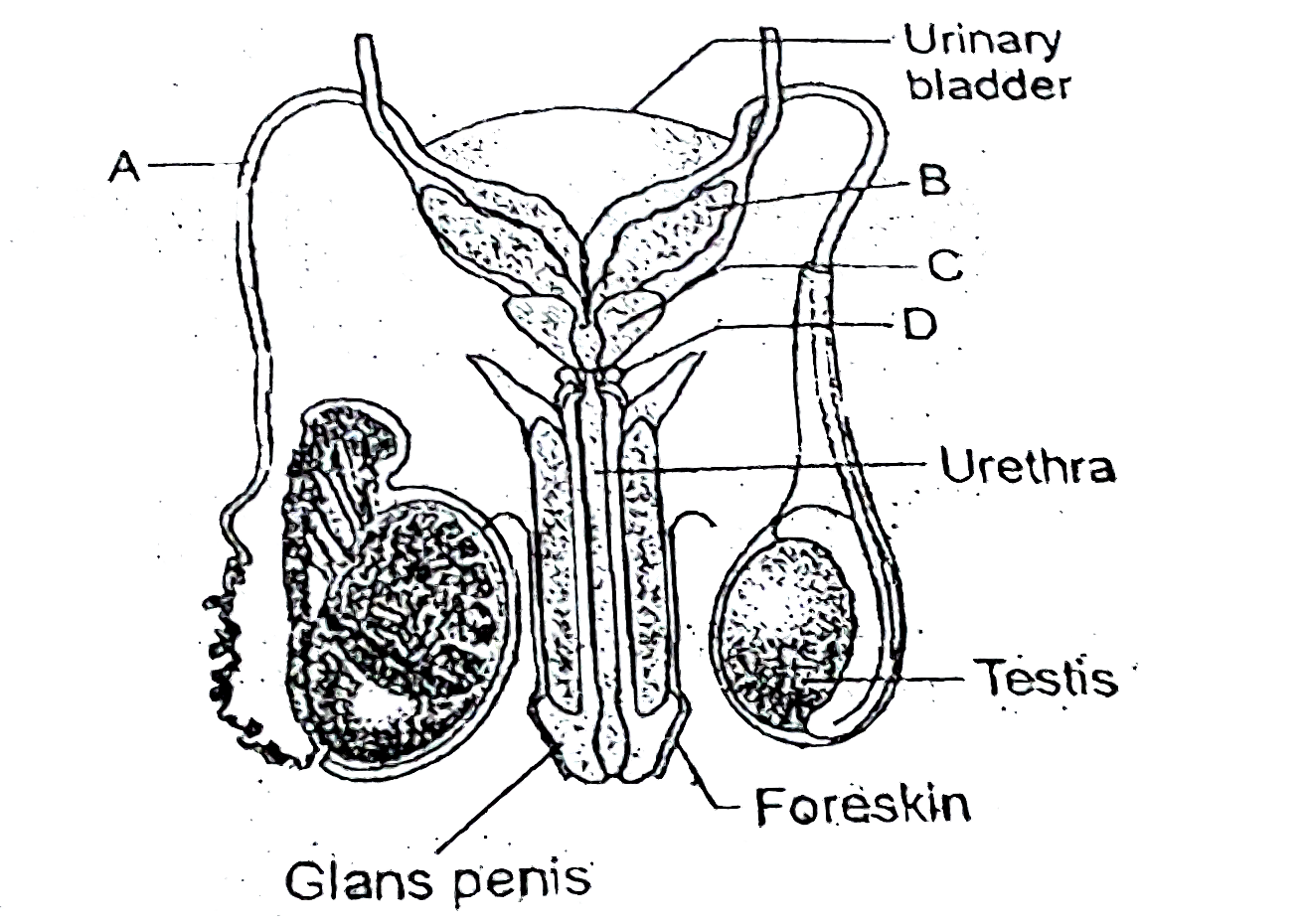
View SolutionWhich one of the following correctly represents the normal adult human formula:
View SolutionWhich of the following figures represents the cross section of an OV?
View Solution

